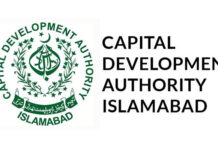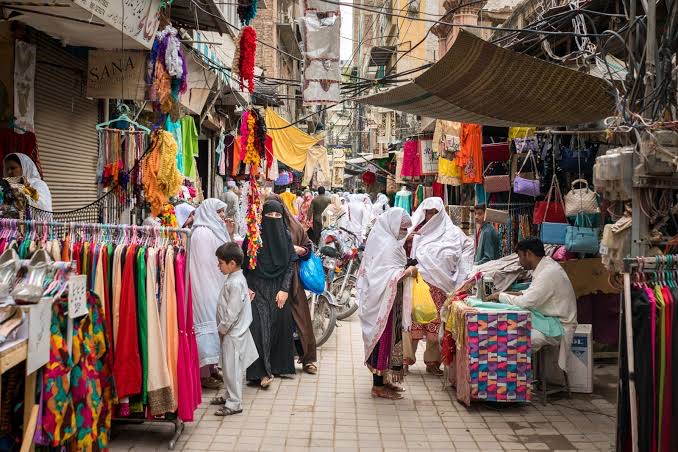On the 8th of March in recognition of the International Women’s Day, women from the metropolitan centres of the country- Karachi, Lahore and Islamabad took over the streets and raised vibrant placards in lamentation of their social injustice, calling for their rights and celebration of their solidarity. The Aurat March has been a contentious topic of public debate, regularly instigating accusations of obscenity, catcalling on the streets and physical assaults in the shape of stone attacks by Mullahs.
In the public discourse, there is something deeply unsettling about swathes of women occupying the bustling roads of the city in broad daylight. Think of it this way. When you commute to work or anywhere for that matter, apart from street beggars, do you see women wandering along the roads? Most likely, not.
Street protests radically reconfigure our perception of urban spaces. One of the reasons why Aurat March is widely contested is because it blatantly defies the chaadar and char dewaari customs that regulate women in our society. We are simply not used to seeing women on the streets.
While the Aurat March is a once in a year event that invites certain women to public participation, what about the everyday public inclusion of women? Public spaces are so shrunken that they only accommodate a certain milieu of the population (predominantly male), which is why it’s important to think of enabling and enhancing the public role of women. The content in this publication is expensive to produce. But unlike other journalistic outfits, business publications have to cover the very organizations that directly give them advertisements. Hence, this large source of revenue, which is the lifeblood of other media houses, is severely compromised on account of Profit’s no-compromise policy when it comes to our reporting. No wonder, Profit has lost multiple ad deals, worth tens of millions of rupees, due to stories that held big businesses to account. Hence, for our work to continue unfettered, it must be supported by discerning readers who know the value of quality business journalism, not just for the economy but for the society as a whole.To read the full article, subscribe and support independent business journalism in Pakistan


























I feel this article is needlessly framed as a gender issue.
Pakistan has a massive urban space problem. There is a dearth of transportation for everyone. And similarly there is a lack of public spaces for everyone.
Maybe there are niche cases of areas that are specifically exclusionary towards women.
Regardless by framing the article as such, you at ostracize some agents of change
The message of this article strongly resonates with me, Pakistan needs to develop its urban spaces, I just feel thqtcgender is needlessly thrust into it